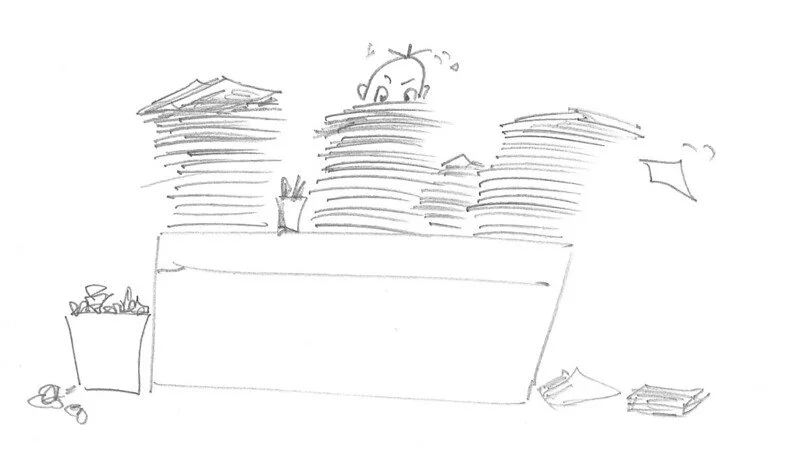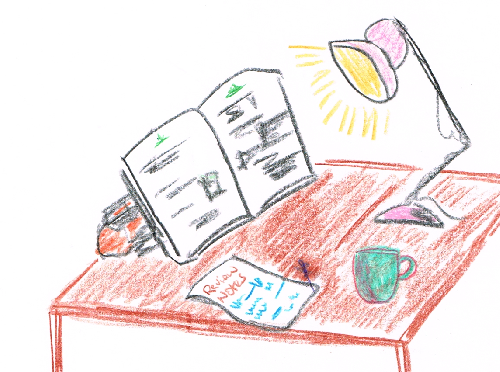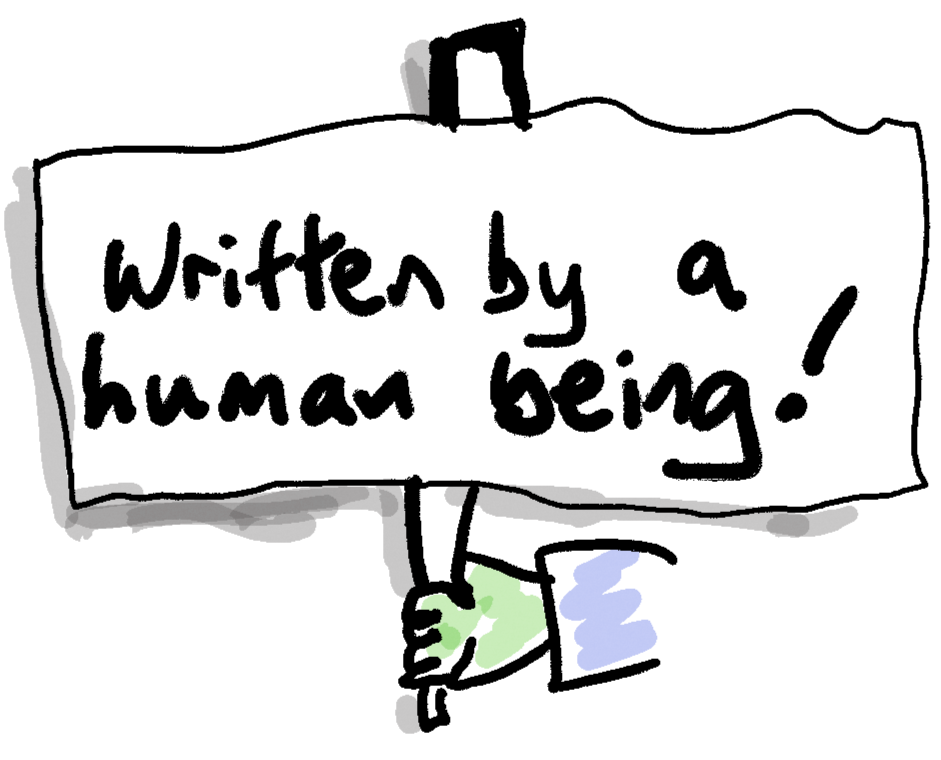This book is not specifically related to ed tech, but so many ed tech people have referred to it in articles that I thought I'd take a look. Bounce seeks to answer the question: What does it take to become an expert?
It turns out that genetics and social class are not determining factors, according to Matthew Syed, the author. So what does matter, and why is any of this relevant to teaching Computing?
Something that Syed puts great store by -- he has written about it in his newspaper columns -- is serendipity. He was once the England table tennis champion. He likes to relate how if he had lived just a few doors along the road when he was a youngster, he would have gone to a different school, not met the superb table tennis coach and not had access to a facility where he could practice any time of day.
Obviously, there is nothing one can do about where one is born, but I often think of the quotation, attributed to various sources:
"The harder I work, the luckier I get"
So I do think there is something about putting your back into it, raising expectations, and having high expectations. I'll consider those things in a moment, but as far as serendipity is concerned, it strikes me that as a Computing or technology teacher you are in a prime position to create opportunities, or at the least the potential for opportunities, in a number of ways. For example you could:
Arrange trips to exciting places where technology is crucial, to show the kids what's out there.
Work with companies who can come into school and provide exciting experiences for the youngsters, to fire up their imagination.
Work with local organisations, inviting them to come in and run activities in school.
Arrange work experience (for older students) in local tech-oriented businesses.
Record and show interesting TV programmes that illustrate what's happening behind the scenes. For example, I recently watched a programme called City in the Sky, which showed all the amazing technology hidden from view when you take a flight somewhere.
Even if your school is in the middle of nowhere and you have no access to any of these facilities, you could start a library and incorporate a news section into your lessons, and perhaps encourage a parent to run a computer club.
Expectations are key, something that is well acknowledged by Syed. For the Computing teacher, this means thinking twice before offering students a dumbed-down, low status qualification because you don't think they would be able to cope with anything harder. When I took over as Head of ICT & Computing in a secondary school some years ago, one of the first things I did was get rid of the "Mickey Mouse" (their term) course for dumbos (ditto) that was running in the school, and replaced it with the much harder GCSE. I still put students in for the original skills course by way of a safety net, but it was hardly needed. In short, most of the students were able to rise to the level of my expectations.
Syed also discusses the work of Carol Dwek. She writes about the importance of a growth mindset as contrasted with a fixed mindset. The former acknowledges that people can become better at what they do -- though it does not fall into the trap of stating that anyone can achieve anything, contrary to what many people have assumed.
Syed also discusses the placebo effect, in which a belief in the efficacy of something (an object, a procedure) can lead to a great outcome even though there is no obvious link between that something and the result. I wonder if some of the fantastic results we hear about sometimes as a result of some ed tech innovation can be at least partly attributed to this placebo effect?
Last but not least, practice is all-important. Syed cites the 10,000 hours figure popularised by Malcolm Gladwell (whom he quotes extensively). The implications for the Computing teacher are obvious: provide lots of opportunities for pupils to practise problem-solving through programming.
I found a couple of things rather niggling. One is the repetition. I am pretty sure that about two thirds of the pages could have been saved had Syed not given numerous examples for each point. But then I suppose it would have been a pretty boring reading experience.
Another thing was the tendency to describe the people he talks about, though not as extensively as Gladwell does. One somewhat odd aspect of this is the occasional focus on women's hair. In one instance he talks about a girl with a pony tail, called Kirsty. Despite the presence of the comma, I couldn't help thinking, "That's a nice name for a pony tail". In another case he mentions a girl with long hair flowing down her back. That reminded me of a Tommy Cooper joke:
"My girlfriend's got lovely long hair, all down her back. None on her head, just down her back."
Despite these caveats, the book is interesting, uplifting and contains much useful information -- the result of a great deal of research. You should definitely purchase this for your classroom library.
Click to buy Bounce. Please note that that is an Amazon affiliate link.
This review was originally published on 7th July 2016.





